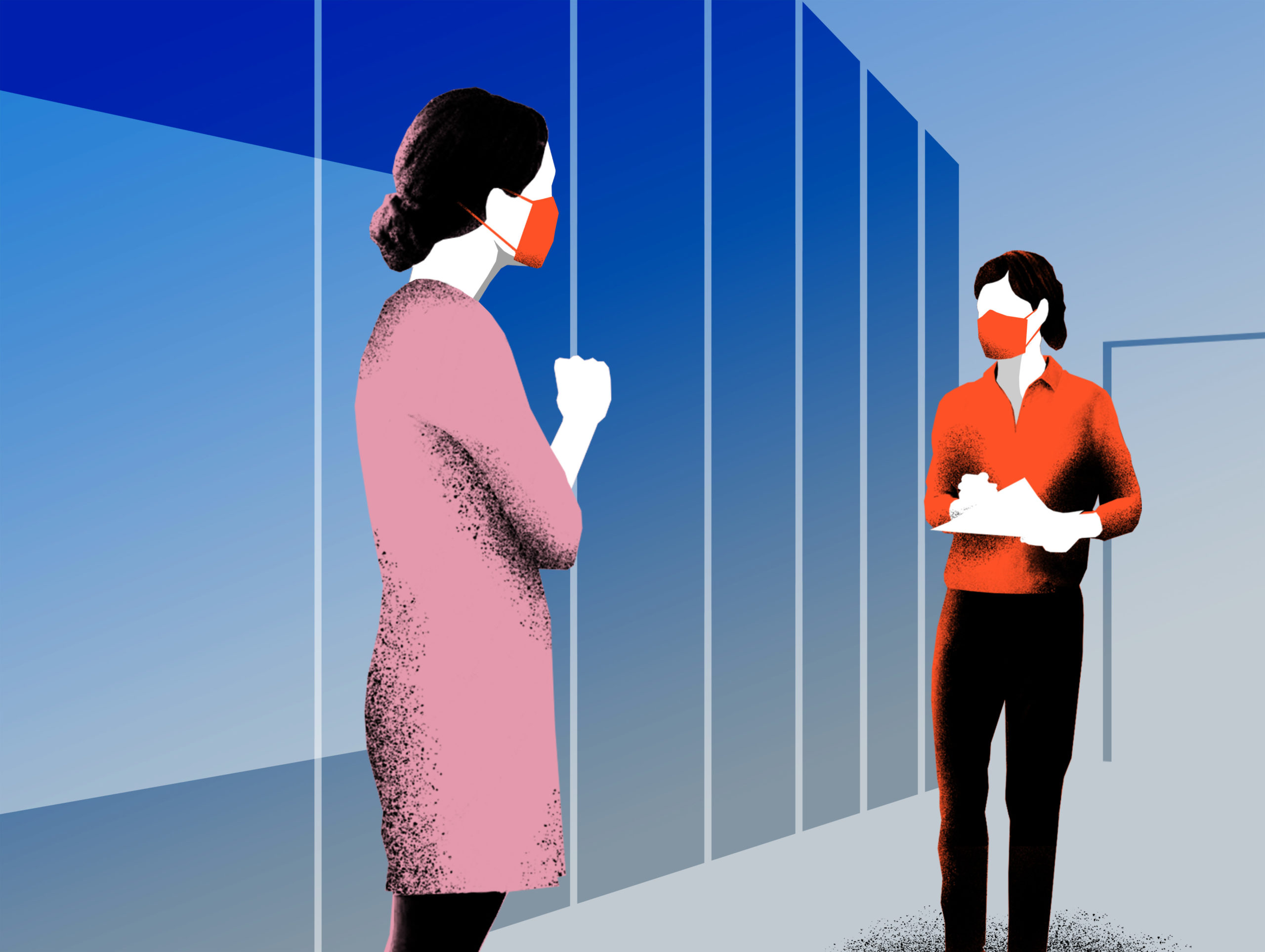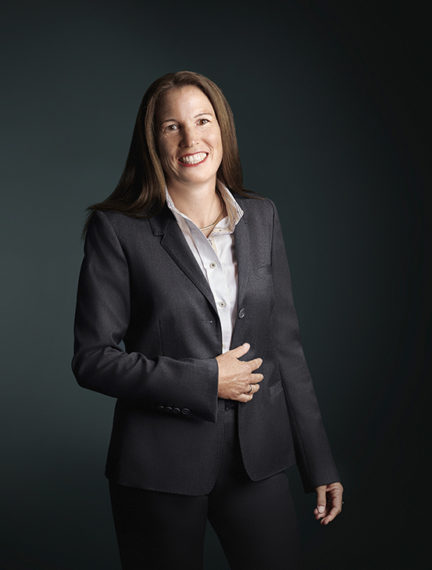The Federal Government has already decided on
15.04.2020 on first measures to slowly but gradually ease the social and
economic restrictions that existed until then. On April 16, 2020, Federal
Minister of Labor Hubertus Heil, jointly with Dr. Stefan Hussy, Managing
Director of the German Social Accident Insurance, announced new standards for
workplace safety in times of a pandemic. These contain standardized, clear and
binding rules for all employers to prevent a renewed exponential spread of the
virus. At the same time, the aim is also to provide the necessary safety at
work for people who are gradually returning to work. Dr. Stefan Hussy also
promised to support smaller companies that, for example, are unable to call on
their own in-house specialists for occupational safety. In the coming days, the
accident insurance institutions will supplement the general regulations with
additional industry-specific information and advice.
According to the standards, employers should still
allow their employees to work from home if possible. However, if this is not
possible or at least not reasonable over a longer period of time due to the
nature of the work, the employee must follow an instruction from the employer
to work on site again. A (legal) claim to a home office does not exist, unless
otherwise regulated in individual contracts.
In return, however, the employer must take certain
protective measures for his employees. This already derives from his general
duty of care for his employees, which arises, among other things, from § 618
BGB and is specified, for example, by the Occupational Safety and Health Act
(ArbSchG).
According to the Occupational Safety and Health Act,
the employer is obliged at all times to assess the risks to the safety and
health of his employees at the workplace and subsequently take appropriate
protective measures. The Federal Minister of Labor has now presented key points
on how these protective measures should currently be carried out with regard to
the containment of Covid-19:
- As is already the case in the public sector, the
safety distance of 1.50 m must be maintained at the workplace. To this end,
access regulations are to be established and barriers and markings are to be
used. If such a minimum distance is not possible due to the nature of the job,
the employer must provide face masks which cover nose and mouth.
- In this context, the employer is also obliged to
ensure that his employees have as little direct contact with each other as
possible. This can be achieved, for example, by adjusting attendance times in
the office and regular shift changes.
- Persons with typical symptoms of Covid-19 should leave
the workplace immediately and stay at home until a possible suspicion is
clarified by a doctor. The employer needs to cooperate with the local health
authorities and inform them if a suspicion is confirmed as well as identify and
isolate other possible infected persons.
- In addition, the employer must provide washing
facilities or disinfectant dispensers to ensure proper hand hygiene. Shorter
cleaning intervals for common premises and work equipment must also be provided.
- The employer needs to take special measures to protect
risk groups.
When implementing these measures, it should not be
forgotten that the employer is, of course, still subject to labor law rules
when introducing these measures, whether they are of a contractual nature in
relation to individual employees or of a collective labor law nature.
In companies with a works council, it must be noted that the works council has a mandatory right of participation in health protection regulations pursuant to § 87 para. 1 no. 7 Works Constitution Act (BetrVG), and must therefore be included in the decision-making process. The measures can also be accompanied by the works doctor or the specialist for occupational safety. For all regulations, it is also advisable to initially limit the duration of the regulations and to review their effectiveness after a certain period of time. This allows the measures to be flexibly adapted to the changed nationwide and/or current situation in the company.
By Eva Wißler and Annika Kißener




